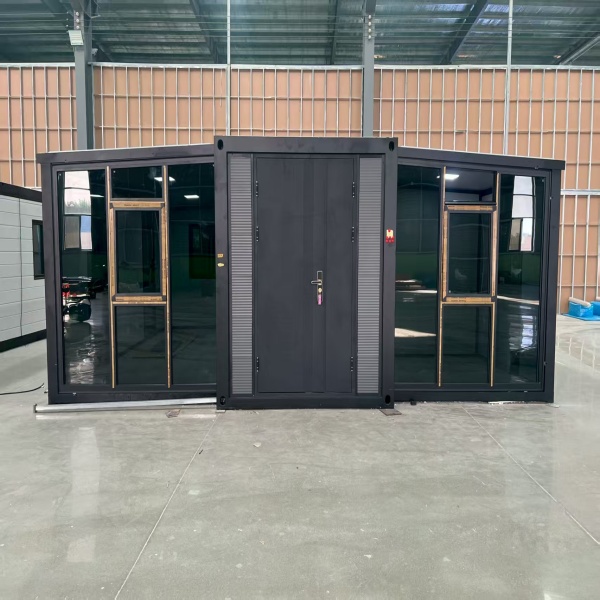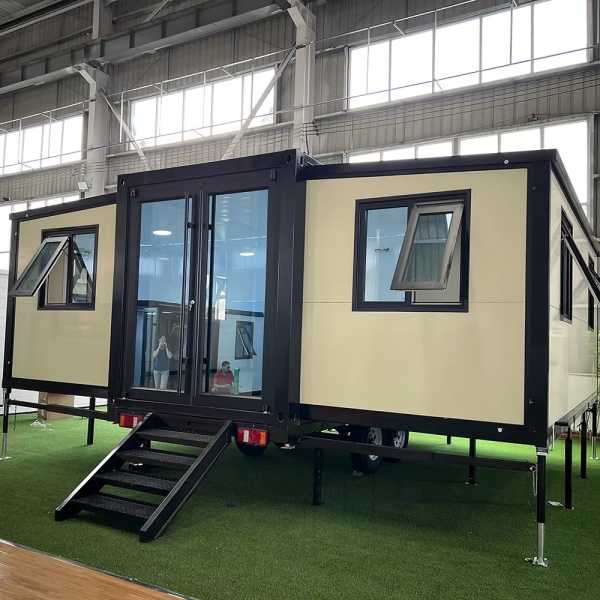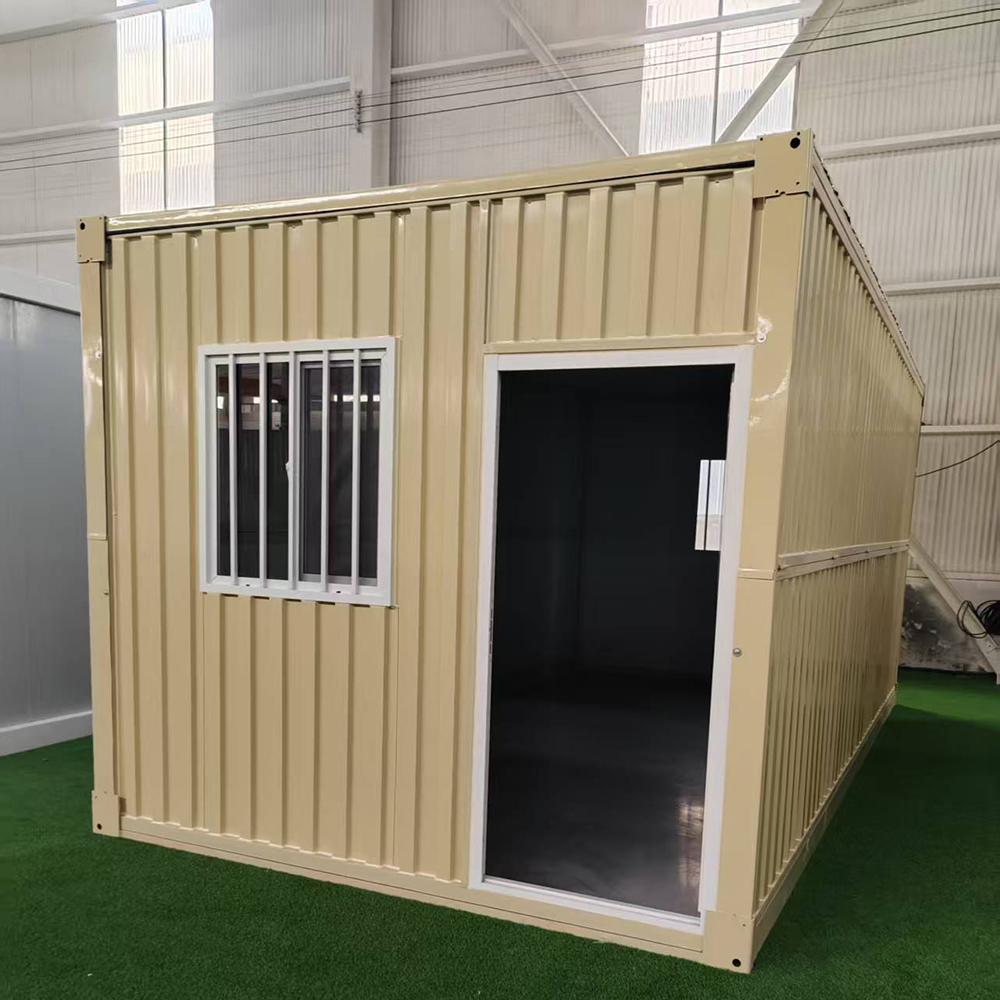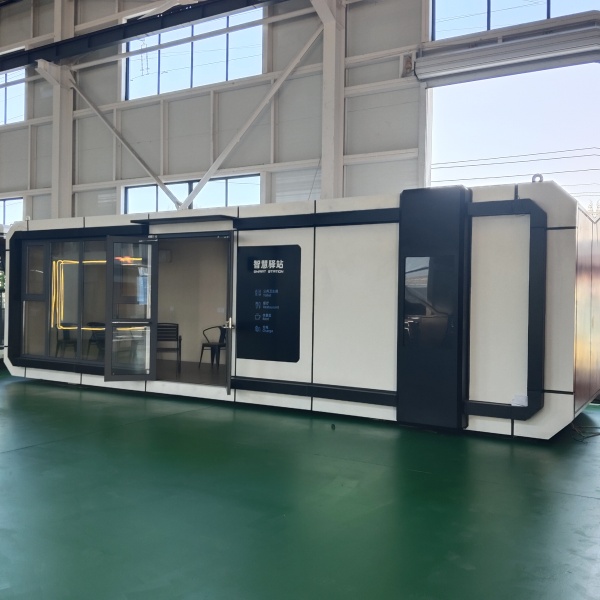-
E-mail
Austin120521@outlook.com -
E-mail
sales@jujiuhouse.com -
Telephone
+86-17864099991 -
Telephone
+86-17854044442
- Chinese
- French
- German
- Portuguese
- Spanish
- Russian
- Japanese
- Korean
- Arabic
- Irish
- Greek
- Turkish
- Italian
- Danish
- Romanian
- Indonesian
- Czech
- Afrikaans
- Swedish
- Polish
- Basque
- Catalan
- Esperanto
- Hindi
- Lao
- Albanian
- Amharic
- Armenian
- Azerbaijani
- Belarusian
- Bengali
- Bosnian
- Bulgarian
- Cebuano
- Chichewa
- Corsican
- Croatian
- Dutch
- Estonian
- Filipino
- Finnish
- Frisian
- Galician
- Georgian
- Gujarati
- Haitian
- Hausa
- Hawaiian
- Hebrew
- Hmong
- Hungarian
- Icelandic
- Igbo
- Javanese
- Kannada
- Kazakh
- Khmer
- Kurdish
- Kyrgyz
- Latin
- Latvian
- Lithuanian
- Luxembou..
- Macedonian
- Malagasy
- Malay
- Malayalam
- Maltese
- Maori
- Marathi
- Mongolian
- Burmese
- Nepali
- Norwegian
- Pashto
- Persian
- Punjabi
- Serbian
- Sesotho
- Sinhala
- Slovak
- Slovenian
- Somali
- Samoan
- Scots Gaelic
- Shona
- Sindhi
- Sundanese
- Swahili
- Tajik
- Tamil
- Telugu
- Thai
- Ukrainian
- Urdu
- Uzbek
- Vietnamese
- Welsh
- Xhosa
- Yiddish
- Yoruba
- Zulu
- Kinyarwanda
- Tatar
- Oriya
- Turkmen
- Uyghur

China fold out modular homes
Unpacking the Potential of China’s Fold-Out Modular Homes
The concept of fold-out modular homes from China has been gaining traction, yet there's a fog of misunderstanding surrounding their practical application and real-world viability. Many view these homes as a quick fix to housing problems, but the reality is more nuanced. Let's explore the details, benefits, challenges, and the experiences of those directly involved in bringing these structures to life.
Understanding the Basics of Fold-Out Modular Homes
At a glance, these homes offer quick assembly, cost efficiency, and flexibility. However, each project comes with its set of hurdles. Contrary to popular belief, the setup isn't always a plug-and-play situation. Sites need preparation, local regulations must be met, and sometimes, unexpected logistical issues arise during installation.
Shandong Jujiu Integrated Housing Co., Ltd. (https://www.jujiuhouse.com) exemplifies how these homes can be effectively integrated into various landscapes. This company has a history of managing diverse challenges, from developing light steel villas to curtain wall engineering projects. These experiences inform their approach to modular housing.
The process begins with a detailed understanding of client needs and site conditions. It's not just about selling a product but providing a tailored solution that fits specific requirements, an aspect often overlooked by many providers in the industry.
The Appeal of Modular Homes: Why Choose Them?
The appeal lies in their adaptability. These homes can be customized to fit various environments, from urban settings to remote areas. It's not just about erecting a structure; it’s about creating a space that meets all of the user's expectations.
For companies like SHANDONG JUJIU INTEGRATED HOUSING CO, LTD, there's a keen focus on optimizing designs to meet environmental and regulatory standards. This includes ensuring energy efficiency and sustainability, which is becoming increasingly essential in today's world.
Despite the challenges, the reward is significant: providing a flexible, durable, and cost-effective housing solution. The ability to fold-up homes and transport them easily is invaluable in rapidly changing situations, such as disaster relief or temporary worker accommodations.
Common Challenges and Real-Life Solutions
Even the most carefully planned projects can encounter issues. Common challenges include delays due to weather conditions or complications arising from remote site locations. When you physically can't access a site, everything comes to a grinding halt. That’s why logistical planning is paramount.
Moreover, aligning these homes with local building codes can sometimes stretch timelines. One cannot underestimate the importance of engaging with local authorities early in the process to mitigate such delays.
In some cases, companies like Shandong Jujiu deploy advanced technologies and software to ensure that designs align with region-specific code requirements, thereby streamlining approval processes. Their experience in various constructions equips them with the foresight to anticipate and navigate potential roadblocks.
Case Study: A Glimpse into Successful Deployments
Consider a project where a series of these homes were deployed in a disaster-hit region. The ability to rapidly assemble fold-out homes provided immediate shelter, showcasing how essential speed and adaptability are in high-pressure situations. This project highlights the impressive logistical capabilities and strategic foresight required to execute effectively under demanding circumstances.
Feedback from end-users emphasizes the crucial role of comfort and design aesthetics. Often perceived as basic or utilitarian, these homes have evolved remarkably; companies are now prioritizing aesthetic appeal without compromising functionality.
Effectively, these homes have proven versatile across various scenarios: workforce housing, educational facilities, and even healthcare settings. The key takeaway here is not just versatility, but the importance of understanding user needs and adapting designs accordingly.
Looking Ahead: The Future of Modular Homes
The horizon for fold-out modular homes seems promising. As technology advances, so does the potential for more complex and robust designs. Innovations in materials science and engineering are paving the way for more durable and sustainable structures.
Shandong Jujiu Integrated Housing Co. stands at the forefront of this evolution, incorporating the latest technologies into their offerings. Their ongoing research and development efforts strongly influence the future landscape of modular housing design and application.
The conversation now shifts from mere practicality to high-performance homes that respond adaptively to environmental conditions. It's about crafting solutions that are not only fit for purpose today but future-ready too.
Related products
Related products
Best selling products
Best selling products-
Two Wing Folding Expandable Container House
-
 Customized Expandable Container House Holiday Home Folding Prefab Container House with Bathroom and Kitchen
Customized Expandable Container House Holiday Home Folding Prefab Container House with Bathroom and Kitchen -
 Waterproof folding container house – mobile accommodation for campsites/scenic spots
Waterproof folding container house – mobile accommodation for campsites/scenic spots -
 A container house with a terrace and double-wing folding design, suitable for various purposes such as offices, meeting rooms, living rooms, etc.
A container house with a terrace and double-wing folding design, suitable for various purposes such as offices, meeting rooms, living rooms, etc. -
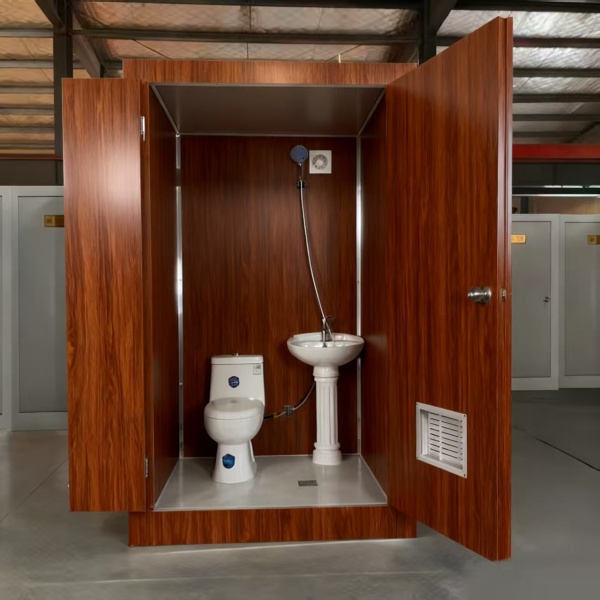 Portable outdoor camping bathroom, mobile toilet, prefabricated modular villa & rental of outdoor and indoor showers
Portable outdoor camping bathroom, mobile toilet, prefabricated modular villa & rental of outdoor and indoor showers -
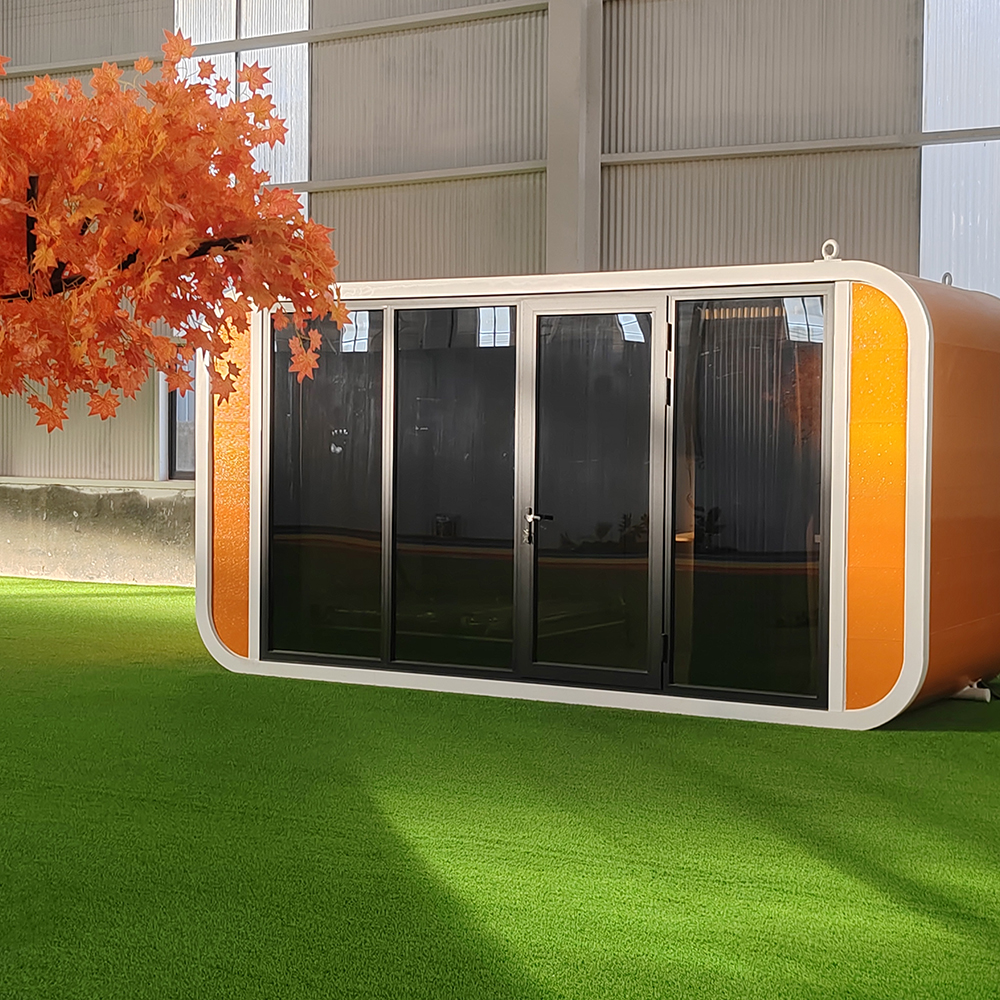 Luxury Prefabricated Living Container House Modular Glass Tiny House Prefab Container Home Apple Cabin
Luxury Prefabricated Living Container House Modular Glass Tiny House Prefab Container Home Apple Cabin -
 The foldable container house with side wing design can be quickly set up and is suitable for various environments.
The foldable container house with side wing design can be quickly set up and is suitable for various environments. -
 Customized Two Wing Folding Expandable Container House
Customized Two Wing Folding Expandable Container House -
 A container house with a terrace and double-wing folding design, suitable for various purposes such as offices, meeting rooms, living rooms, etc.
A container house with a terrace and double-wing folding design, suitable for various purposes such as offices, meeting rooms, living rooms, etc. -
 Dual-Wing Folding Container House: Fast Assembly, Space-Saving & Multi-Scene Adaptable
Dual-Wing Folding Container House: Fast Assembly, Space-Saving & Multi-Scene Adaptable -
 Luxury Foldable Two Story Container House for Glamping Resort and Villa Hotel
Luxury Foldable Two Story Container House for Glamping Resort and Villa Hotel -
 Movable Prefabricated Container House Villas Modular Portable Homes 1 Bedroom Container House Offices Apartments
Movable Prefabricated Container House Villas Modular Portable Homes 1 Bedroom Container House Offices Apartments
Related search
Related search- China 2 bedroom space capsule house
- Buy pre fab 2 bedroom prefab container house homes luxury
- China apple cabin prefabricated home
- folding house container home
- expandable prefab container house
- China fold out shipping container house
- portable unfolding house
- China foldable container house
- Buy fold out tiny home
- Buy alibaba expandable container house









